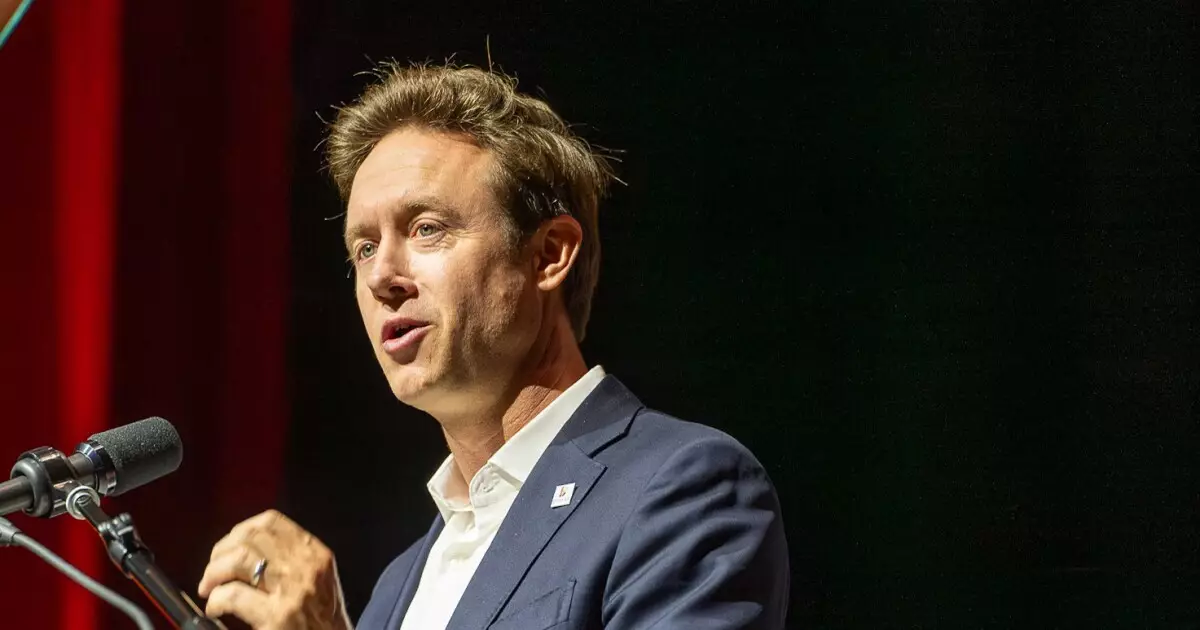Denver voters are facing a critical decision on the Nov. 5 ballot to consider a sales tax hike for the purpose of raising approximately $100 million annually to support affordable housing initiatives. The proposed 0.5% tax increase, put forth by Mayor Mike Johnston, aims to tackle the shortage of affordable homes in the city. This measure marks the first time that Denver residents have been given the opportunity to directly influence the issue of affordable housing within their community.
In response to the urgent need for affordable housing solutions, the Denver city council voted 9-4 in favor of extending the expiration of the proposed tax increase from 30 years to 40 years. This adjustment in the timeframe was deemed necessary to provide greater flexibility in exploring various financial options that could benefit the city in the long run. Evan Dreyer, Johnston’s deputy chief of staff, emphasized the importance of having this extended period to determine the most effective strategies for utilizing the generated funds.
Mayor Johnston has highlighted a significant gap of 25,000 units between the 19,000 units currently in progress with existing funding sources and the projected need for affordable housing by 2033. This shortfall poses a significant challenge for households earning less than 100% of the area median income, underscoring the critical importance of implementing sustainable solutions to bridge this gap. The proposed tax increase seeks to provide a stable source of funding to support the creation of affordable housing units in Denver.
While the sales tax hike for affordable housing has garnered support from some council members, there are concerns about the cumulative impact of multiple tax increases on Denver residents. With an 8.81% total sales tax rate that would potentially rise to 9.65% if both the housing and health care tax proposals are approved, Denver would have one of the highest sales tax rates among non-resort cities in the state. Council Member Kevin Flynn expressed reservations about further burdening residents with increased living costs, emphasizing the need for a comprehensive assessment of the affordability implications of these tax hikes.
In addition to the proposed sales tax hike for affordable housing, Denver is also considering a separate ballot measure to expand the scope and bonding capacity of the Denver Downtown Development Authority. This measure aims to facilitate financing for public facilities and improvements through incremental increases in sales and property taxes within a designated area. The combination of these initiatives reflects the city’s commitment to addressing pressing social and economic challenges through innovative policy measures.
Denver’s proposed sales tax hike for affordable housing represents a critical step towards addressing the persistent shortage of affordable homes in the city. By providing a sustainable source of funding, this measure has the potential to catalyze the development of much-needed housing units for low and middle-income households. However, it is essential for city officials to carefully consider the broader implications of these tax increases on residents’ cost of living and explore alternative strategies to ensure equitable access to affordable housing for all Denver residents.

